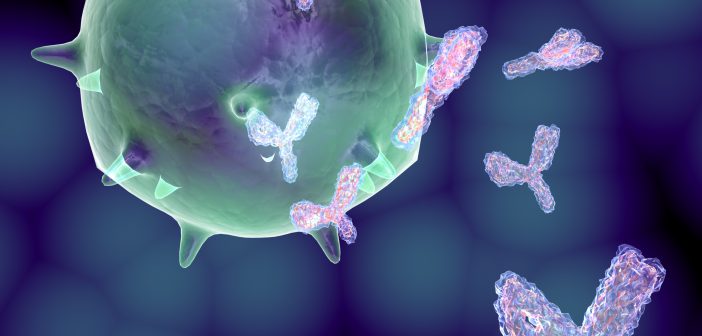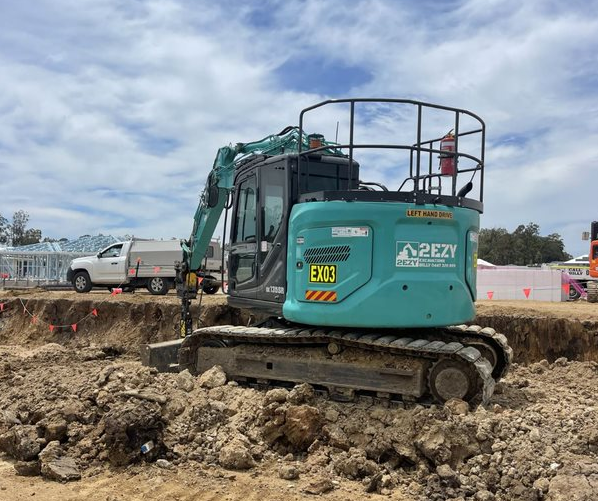
Bioanalysis Services for Immunogenicity assay development of Therapeutic Proteins in Phase III Drug Development
Immune responses produced against therapeutic proteins can affect pharmacokinetics, pharmacodynamics, efficacy, and safety profiles. The clinical outcomes produced by immune responses can range from minor clinical effects to detrimental consequences. Hence, the immunogenicity assessment of therapeutic proteins is crucial during drug development.
Bioanalytical laboratories determine anti-drug antibody (ADA) formation to understand immunogenicity against therapeutic proteins. Evaluating the incidence of ADA formation and its effects on pharmacokinetics, pharmacodynamics, efficacy, and safety profile is vital for drug development programs. Data obtained from such studies are mandatory to be included in the adverse reaction section in the prescribing information. Considering the importance of immunogenicity testing of therapeutic proteins, the current article highlights the bioanalysis services of these studies in phase III drug development. The following section discusses different aspects of ADA analysis based on FDA immunogenicity guidance.
Immunogenicity testing of therapeutic proteins
The clinical effects of ADA formation may vary from product to product. Hence, the US FDA recommends a risk-based approach to evaluate and manage immune responses against therapeutic proteins.
The primary step of ADA detection is a screening assay. Screening assay detects antibodies binding to the therapeutic protein product. These screening assays are binding antibody assays. Once ADAs are identified, the next step is confirmatory ADA assay. Confirmatory ADA assay employs competition to establish the specificity of ADA formation. Finally, ADAs are characterized through titration and neutralization assay. The primary goal of the titration assay is to determine the extent of ADA responses. Determining the magnitude of ADA formation is crucial, as it may impact the pharmacokinetics, pharmacodynamics, efficacy, and safety profile of the therapeutic drug and may correlate with the titer and persistence instead of ADA incidence.
Neutralizing antibodies (NAb) are ADAs that can interfere with therapeutic protein and its binding ability. Hence, NAb assay development is crucial for determining the neutralizing activity of ADA. Additionally, other characterization assays, such as epitope mapping, isotyping, and cross-reactivity assessments, can prove beneficial.
Bioanalysis services determine the optimal time to develop and validate immunogenicity testing assays such as MSD ELISA assay depending on the risk assessment of the biotherapeutic drug product. The IND application should include an immunogenicity risk assessment, explaining the need for immunogenicity testing for a particular biotherapeutic drug product. FDA recommends employing appropriate screening, confirmatory, and neutralization assays during phase I and II studies. However, phase III studies should be conducted with fully validated assays.
There can be circumstances when ADA formation poses a high clinical risk. Such higher risk requires real-time data analysis. In such cases, the FDA requires a suitable assay before beginning clinical studies and testing the drug in real time. In other situations, bioanalysis services can store study samples and may use them appropriately.
Although immunogenicity testing is vital for understanding the pharmacokinetics, pharmacodynamics, efficacy, and safety of a biotherapeutic protein drug, ADA assessment is dependent on assay sensitivity and specificity. Besides, the US FDA recommends not comparing immunogenicity across different therapeutic proteins with structural homology, as each therapeutic product will demonstrate a different ADA response.



